Research


New vaccine shows promise at preventing pancreatic cancer recurrence
A trial of a new vaccine which could prevent recurrence of pancreatic cancer following surgery has shown promising results.


Research Innovation Fund
Find out more about the Pancreatic Cancer UK Research Innovation Fund and how you can apply.


NHS publishes first ever Long Term Workforce Plan
Our Director of Research, Support and Influencing comments on the first ever Long Term Workforce Plan published by the NHS.


Help shape pancreatic cancer research
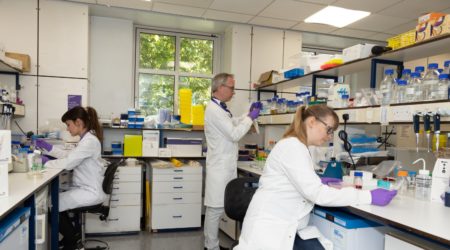

Ground-breaking research into new treatment for pancreatic cancer underway in Scotland
Pioneering research into a new potentially ground-breaking treatment for pancreatic cancer has begun. The research, lead by University of Glasgow scientist Dr Seth Coffelt, aims to help make desperately needed new immunotherapy treatments a reality for future patients.
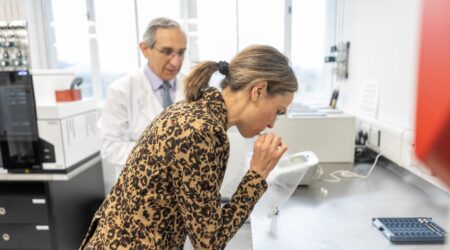

World-first pancreatic cancer breath test
We’re thrilled to announce that we are funding a new clinical study to develop a breath test that could detect pancreatic cancer early enough to save thousands of lives a year.
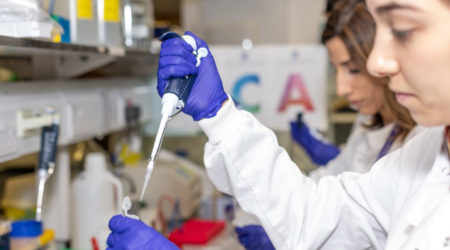

Four things we’ve learnt about early detection
Our researchers have laid the vital groundwork for the development of new tests for the early detection of pancreatic cancer. Here we take a look at what they have achieved so far.


Pancreatic Cancer UK Discovery and Translational Research Forum, 26 & 27 June 2023
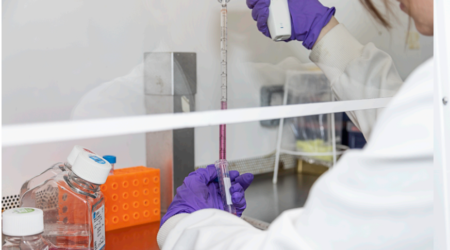

Cambridge researchers to improve treatment options for deadliest common cancer by understanding how it grows
Researchers at the University of Cambridge will use a new cutting-edge laboratory technique to study which proteins cause uncontrolled cell-growth in pancreatic cancer and enable the devastating disease to spread rapidly.


Chemo before surgery shown to improve one-year survival
A new clinical trial has found that chemotherapy before surgery significantly increased the one-year survival of people with pancreatic cancer whose tumour was borderline resectable.
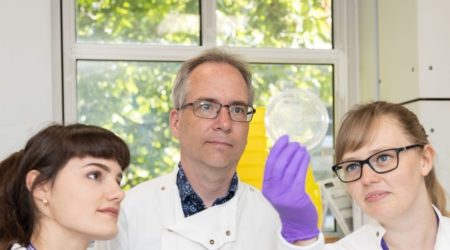

The realities of research
Research into pancreatic cancer has been underfunded and under-resourced for decades, resulting in little improvement in survival rates for this devastating disease. Here’s how we're taking that on.
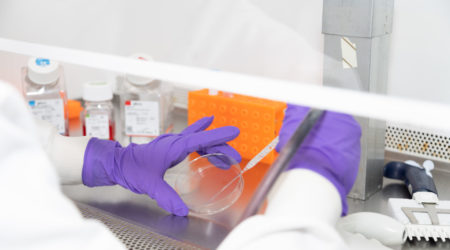

New blood test to detect cancer
Our CEO at Pancreatic Cancer UK, Diana Jupp has provided commentary on the new blood test that aims to detect more than 50 types of cancer before symptoms arise.

